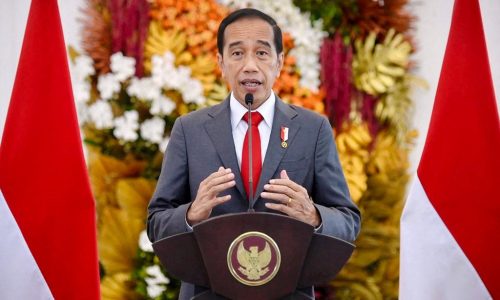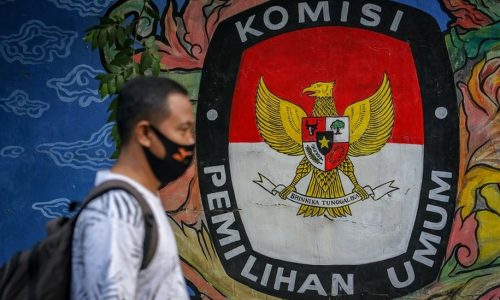The deadline for resolving the palm oil plantation issue within forest areas is just days away. Previously, the Task Force for Improving the Governance of the Palm Oil Industry and Maximizing State Revenues (Palm Oil Task Force) identified 1,027 plantation companies with land within forest areas.
In relation to the above, on November 2, 2023, in accordance with the provisions of Law No. 11 of 2020 concerning Job Creation, all palm oil companies operating within forest areas must have already fulfilled the licensing requirements.
Palm oil companies that have established operations in forest production areas but lack permits are allowed to continue operating, provided they apply for forest area release and pay an administrative penalty in the form of fines.
This resolution process is often referred to as “whitening” palm oil plantation permits.
This policy is driven by the results of an audit of the palm oil industry by BPKP, which found that 3.3 million hectares of palm oil land, approximately 19.6% of the total 16.8 million hectares of palm oil land in Indonesia, were located within forest areas.
These problematic lands are to be legalized by the government using mechanisms outlined in the Job Creation Law.
Undigitized documents led to prolonged process
Agustina Arumsari, Deputy Chairman II of the Palm Oil Task Force, mentioned that the task force is currently searching for regional spatial regulation documents from the year when palm oil companies first began their operations.
The documents will be used as a basis for determining how to handle the issues of each company. “Since the regulations are not yet digitized, more time is needed for analysis,” she explained.
Currently, the Palm Oil Task Force is in the process of synchronizing, verifying, and validating data from both the central and regional governments with the self-reported data from palm oil companies in the Plantation Licensing Information System (Siperibun) application.
Afterward, the task force will confirm and clarify this data with the palm oil companies.
Settlement process according to regulations
The settlement process is according to regulations. The Job Creation Law divides the resolution mechanisms for palm oil land within forest areas into two categories.
Article 110A applies to plantations in forest areas that have location permits or business permits in the field of plantations issued before the Job Creation Law.
In this mechanism, entrepreneurs can obtain a forest area release decree if they fulfill commitments such as reforestation funding and forest resource provision.
Companies that fail to address these obligations will face administrative sanctions in the form of fines and/or revocation of their business permits.
Meanwhile, Article 110B applies to the resolution of mining, plantations, or other activities within forest areas that do not have forestry permits.
Companies falling under this category will face administrative sanctions, including temporary suspension of business activities, payment of administrative fines, and/or government actions.
Palm company protests
The settlement of palm oil land issues within forest areas based on Article 110A and 110B of the Job Creation Law has sparked debates, particularly among palm plantation businesses.
The issue revolves around the fact that the regulations prioritize resolving the matter through fines and revenue payments rather than taxes. Some business operators claim to have obtained HGU (land use permits), which should be issued once it is confirmed that the land is not within forest areas.
“So, the resolution for palm oil land with HGU is still a subject of debate,” said Eddy Martono, Chairman of the Indonesian Palm Oil Businesses Association (Gapki).
Entrepreneurs are concerned because the obligation to apply for land release and pay fines applies to companies that already have HGU or land ownership certificates (SHM) for smallholders.
Eddy argues that the resolution of palm oil land within forest areas for those who already have HGU and SHM should have its own mechanism, taking into account the land’s historical context.
In his opinion, in such cases, it should be seen as a resolution for land ownership disputes due to the lack of spatial coordination between regional and central governments, especially before the issuance of Law No. 26 of 2007 concerning Spatial Planning.










